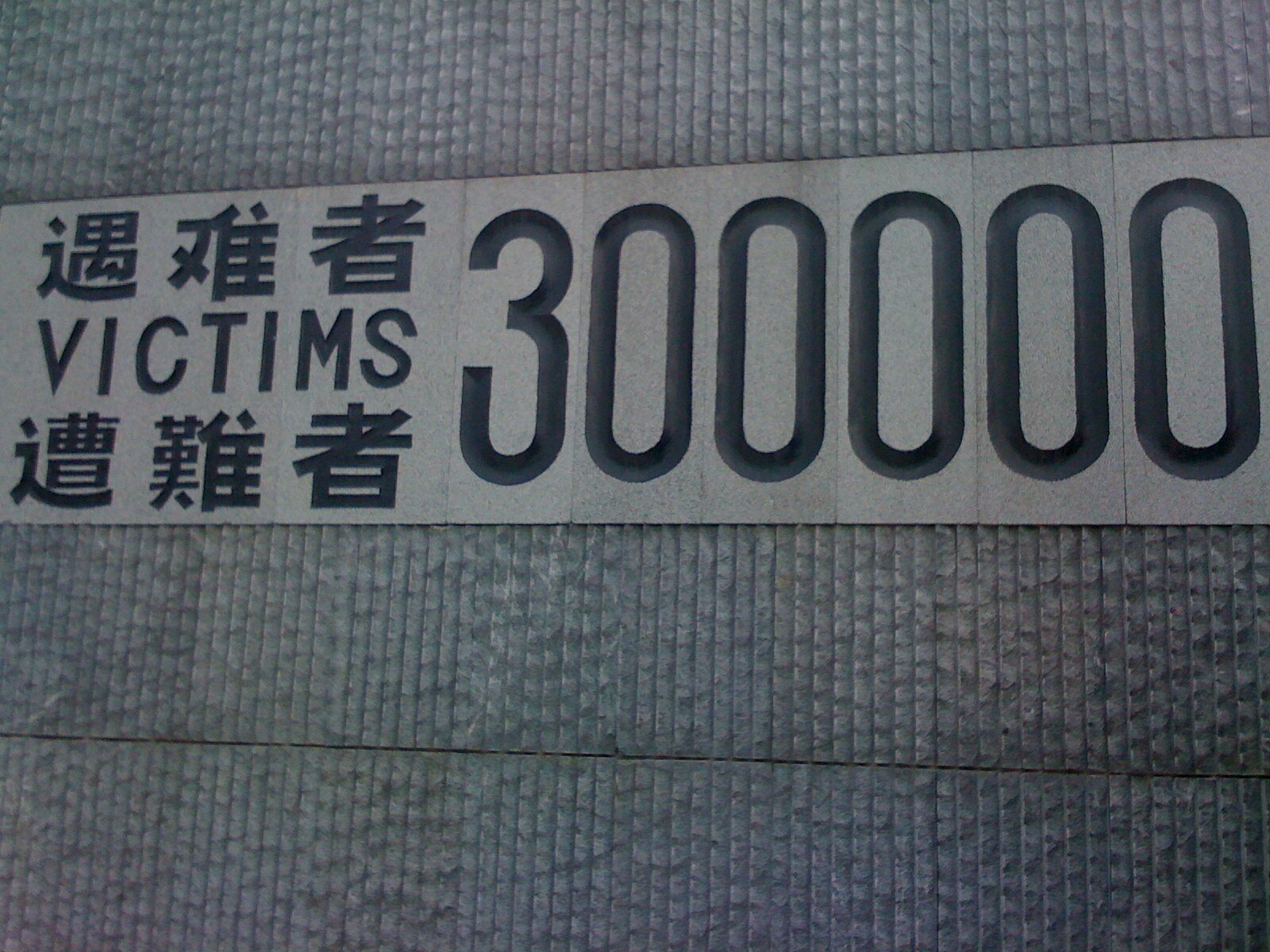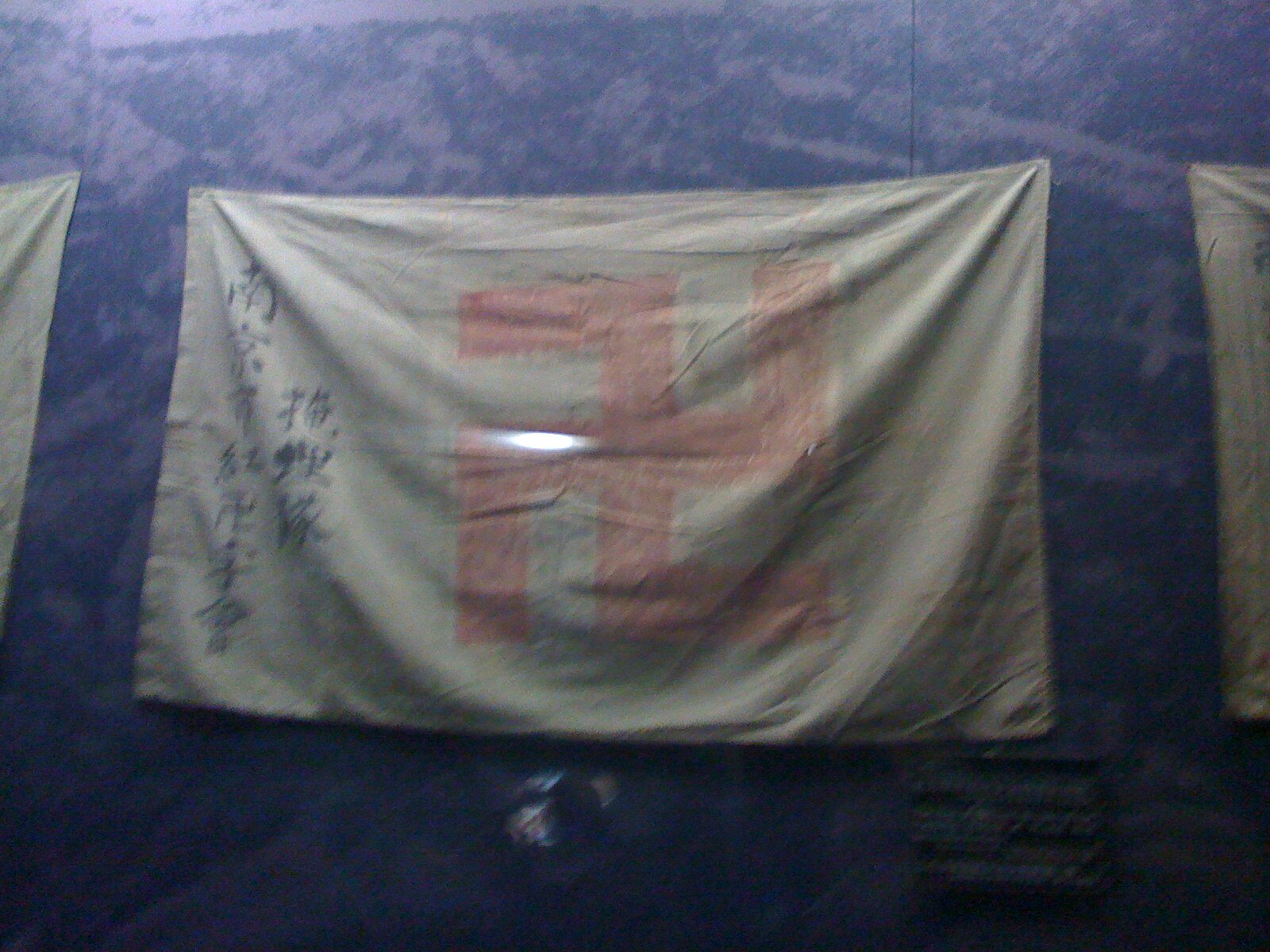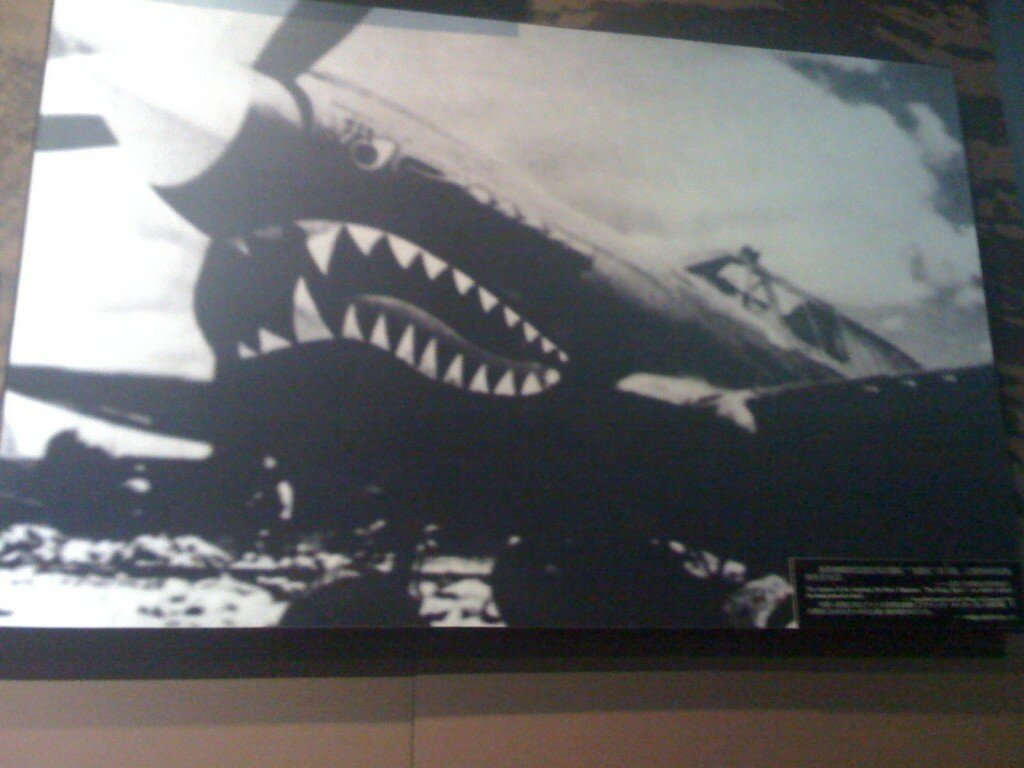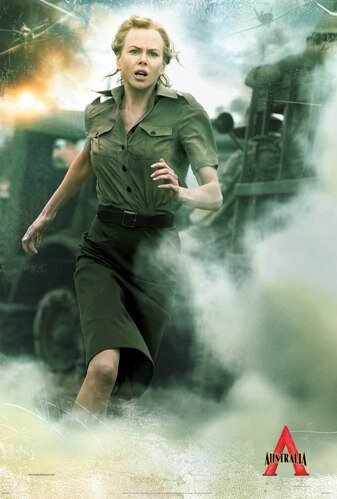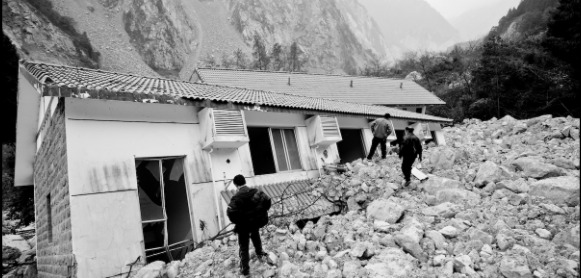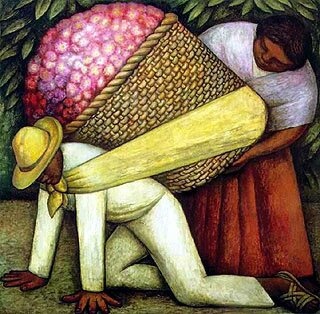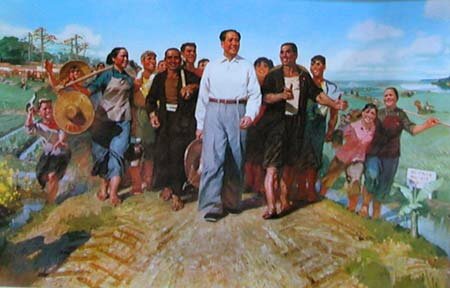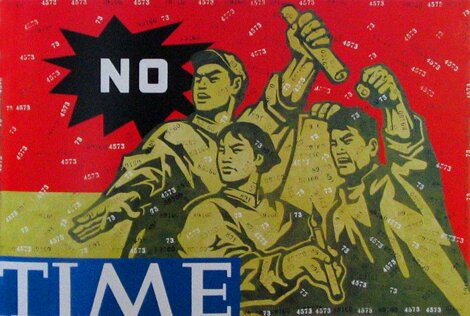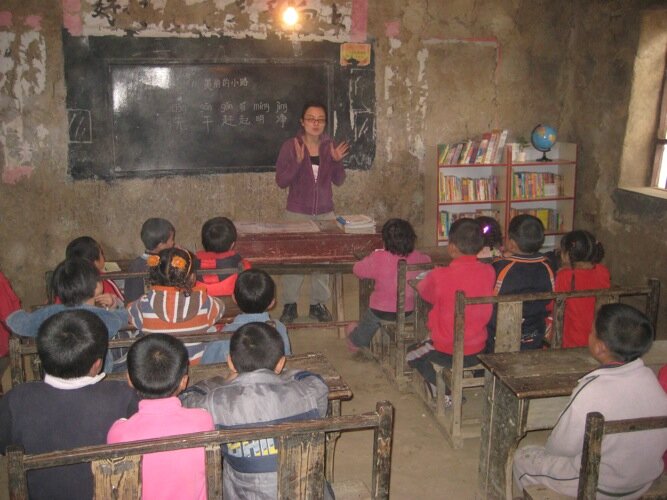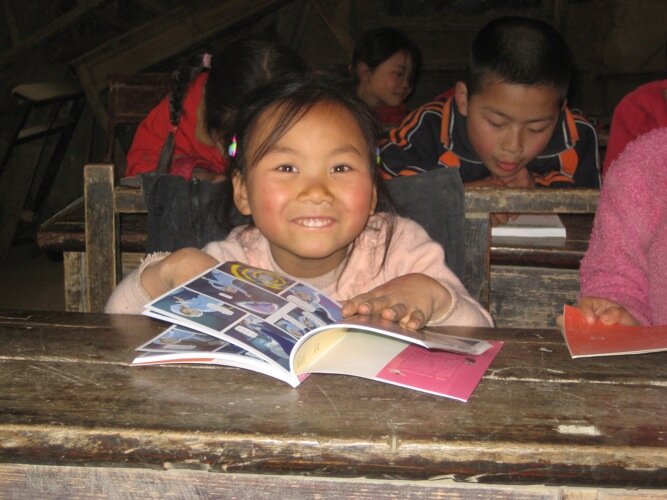When I passed through LAX customs yesterday I was asked the same question I suppose the immigration folks are trained to ask in cases like mine: “Why have you been in China so long?” Each time I have to resist the urge to render witty or acerbic comebacks–especially after 17 hours of travel next to some high-strung, dialect-limited Chinese emigrant from Guangxi on his first plane flight. But, I digress…
My answer must seem odd to those civil servants who used to hearing one-word responses like: “Business,” Visit,” Coming home,” or “Job Hunting.” I reply, “fulfilling a promise. I am seeing someone through a long bout with cancer.”
Ms Yue has outlived many of her chemotherapy friends. If you knew her, you’d understand that her natural talent for befriending anyone, from the local trash collector to a head of security in her district, ensures that there are never strangers in her life. She had met them in the hospital annex next to where where she had her surgery performed. She is the last of the League of extraordinary Chinese as I came to call them. They learned from Yue how to embrace the life left to them with meditation, companionship, spiritual supplications and long conversation and rich laughter over inexpensive cups of Chinese tea.
SOUNDTRACK
I am still listening
When the agitated syncope
Of thready heartbeats
Stop to amass a clap of thunder
Over crashing surf
And you fight the waves of fear
With a hand forged sword
And exhausted share tales of battle
With those who subside on phone calls
And weekend visits from half-hearted
Familial warriors lightly anchored to love
And when your body betrays you
In the ravenous silence
And you think you are
One impossibly simple syllable
Short of a symphony
Remember the lullabies of the past
Conduct them into the present
Lay awash in the fragile swells of hesitancy
Compose mysterious reconciliations
And keep faith in the God of the metronome
Your friends are lucky to have you
Disarmed and hardly replenished
By the convenient half-loves
To which even tender siblings retreat
You survive by teaching through example
How to keep faith in wellness
And the will of the tides
The gift or accident of nature
That gave you ears for
And a comradery with
The roiling, the murmurs, the sobs
And the wicked playfulness of the ocean
And the weather it dares to rebuke…
for W.L. and Ms Yue
Ms Yue has long hidden her illness from Chinese friends. They are not as open about discussing cancer or life threatening disease like westerners. So, when it became evident that she would have do something cosmetically reduce the impact of the uneven loss of her hair and the endless looks of strangers afraid to ask why…
AFTER BEING ASKED TO CUT HER HAIR
When you called, yesterday evening
or the night before, I made the long walk
to you through the thick heat of Southern China,
flanked by our prostitute of a River:
Beautiful after dark, but only when flattered
by the exploitative light of tourist boats
I hated China that night
I found it especially hard to breathe:
It is always damned humid
and it reeks of smoke and poverty
and in the dim daylight reveals
a blinded sun, Guangzhou’s grey cataract
of a sky that, when it can see, ignores the whore–
the river again–
whose name no one can speak
with any longing in their voice
The water was unlined that night:
a corpse without worry as I prepared
a place in my memory
for what I would destroy perhaps forever:
the hair: forty-five years
of silk, glistening with the kisses
of an adoring mother and vigilant father
times in a China no longer missed
by those who have come to this low-waisted city
to find work and forget the darkeness
in which their friends, awake with temptation
in the darkness of their ancestral homes
just grow into unadorned
albeit long, and painless seniority
You asked to me conceal the evidence
of the waning of the infinite. You told me to cut
because I am foreign, from the west,
and know how to use a razor
to shave away history:
the perfect blackness, the magnificent
mystery of the history of moonlights, fires,
and wind that has run fingers
through the remembered and forgotten
“Love is so short, forgetting so long”
when it is a name like yours,
that you clutch deep in your throat
As strong as you are
will always be, and as proudly high
as have always held your head,
the quarrel with your body,
said the doctor–a white coated immigrant
from the North like yourself and too polite
to tell you or your family–the quarrel
will not always look this well
I addressed my selfish sorrow
in suffocated sobs to the still water
that confirmed my questions with silence
Uncategorized
